Hard Science Fiction
Hard Science Fiction is a genre that emphasizes scientific accuracy and realism in its speculative concepts and technologies. It often explores complex scientific theories and extrapolates them into future scenarios.
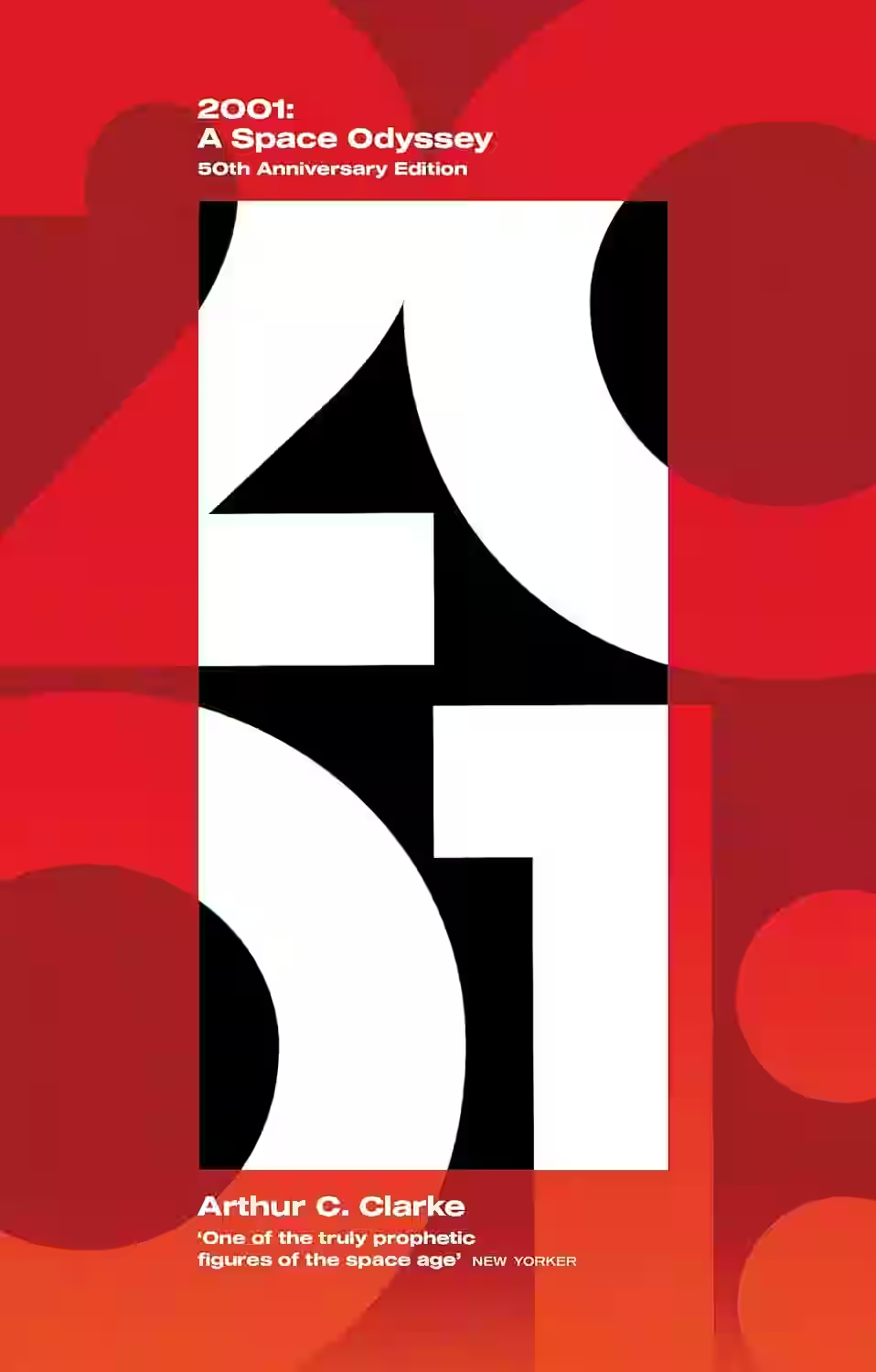
2001: A Space Odyssey
Arthur C. Clarke's '2001: A Space Odyssey' is a groundbreaking science fiction masterpiece that explores themes of evolution, technology, and the existence of extraterrestrial life. The novel follows the journey of a crew on a space mission to investigate a mysterious, alien monolith that may hold the key to humanity's place in the universe. As they traverse the vast reaches of space, encountering the enigmatic computer HAL 9000, the crew grapples with questions of identity, consciousness, and the nature of intelligence. Clarke's visionary storytelling and scientific accuracy have cemented this novel as a classic of the genre, inspiring generations of readers and influencing countless works of science fiction.
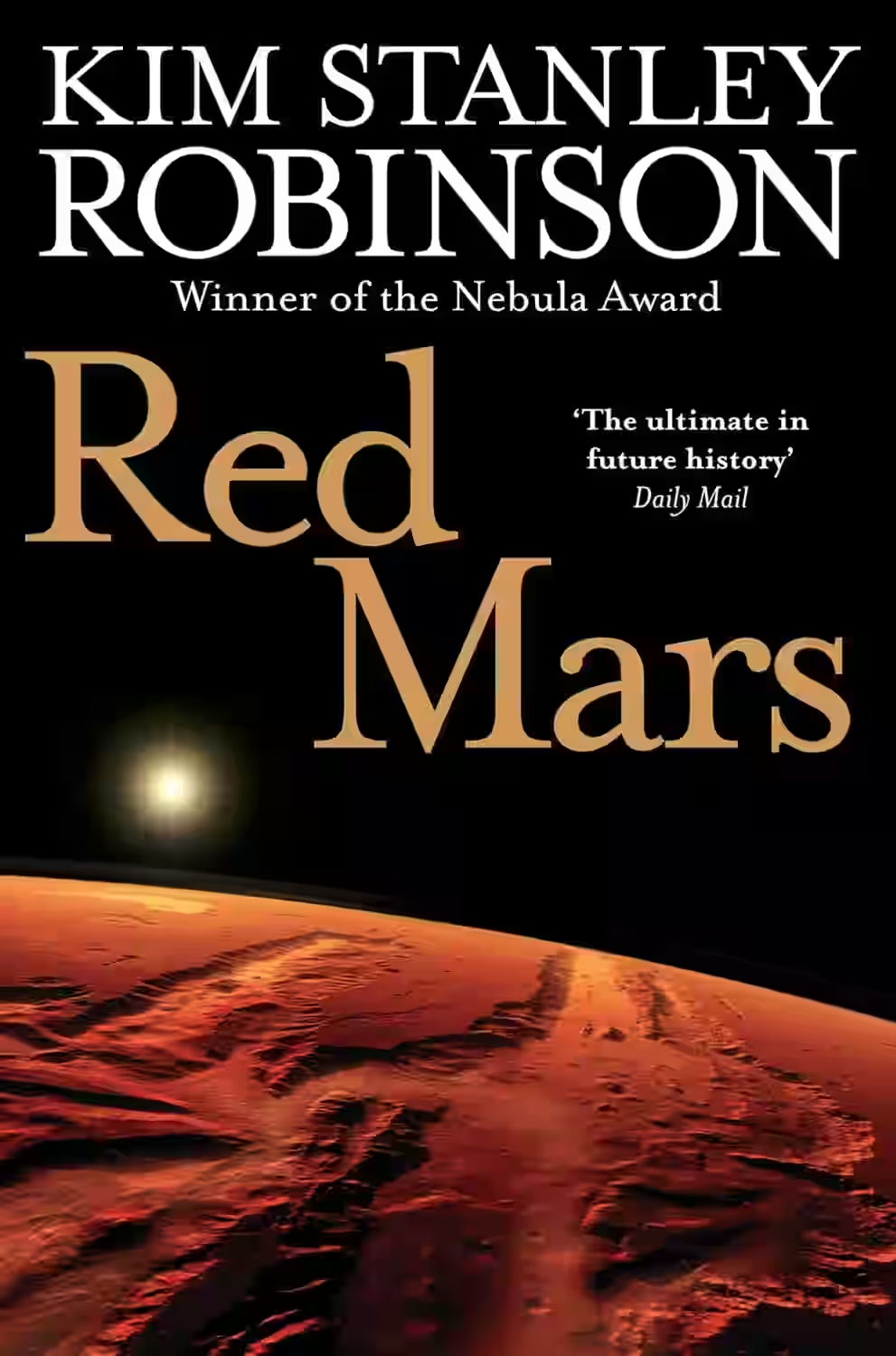
Red Mars
Series: Mars Trilogy (#1)
Kim Stanley Robinson's 'Red Mars' is a riveting science fiction novel set in the near future where humanity colonizes Mars. The story follows a group of scientists and colonists as they confront the challenges of terraforming the planet while navigating political intrigue and personal conflicts. Through vivid descriptions and intricate world-building, Robinson explores themes of environmentalism, human nature, and the ethics of space exploration. The book expertly blends hard science with compelling characters, creating a thought-provoking narrative that raises questions about our future both on Earth and beyond. 'Red Mars' is a must-read for fans of complex sci-fi epics.
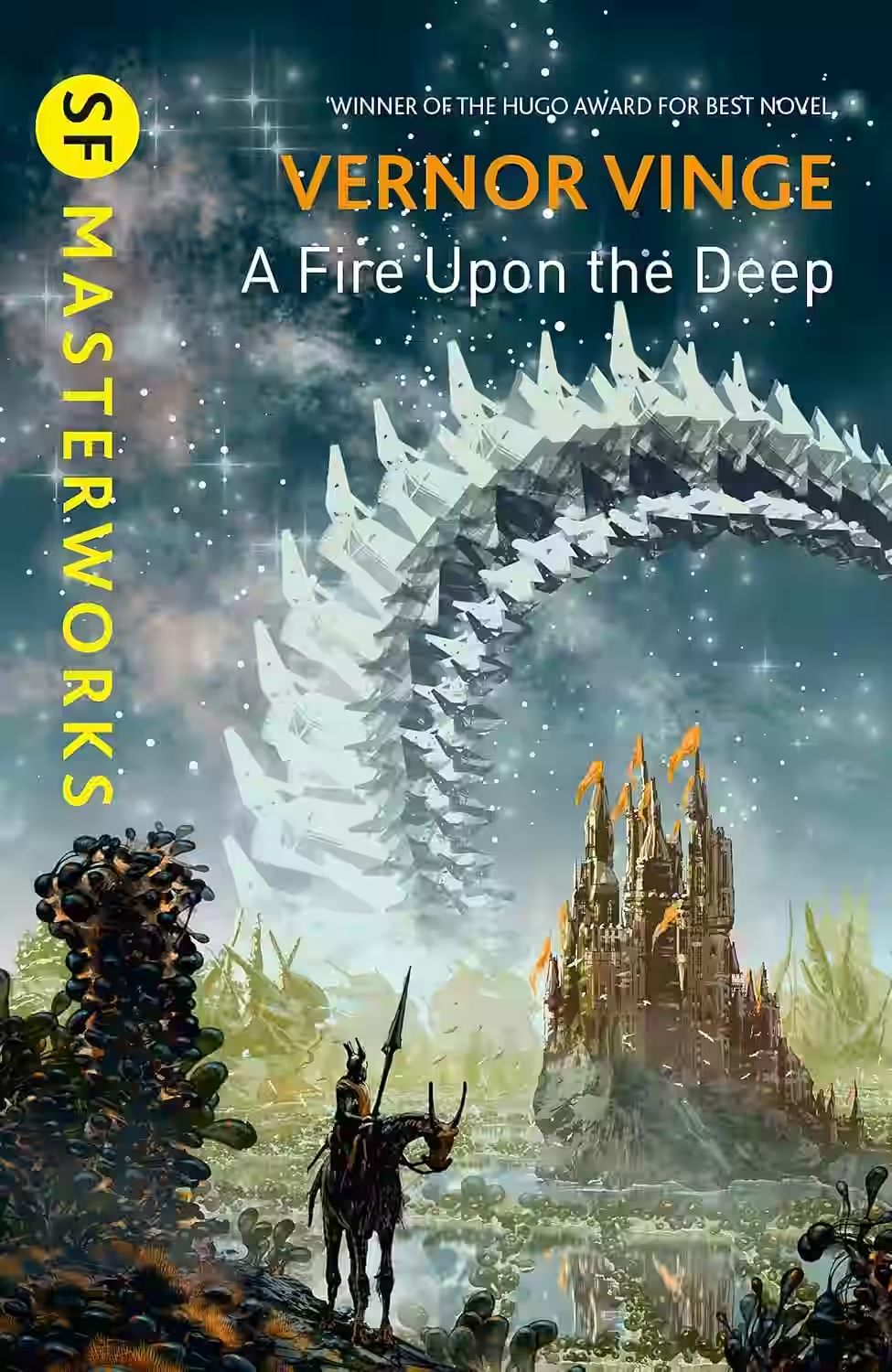
A Fire Upon the Deep
by Vernor Vinge
Series: Zones of Thought (#1)
In Vernor Vinge's 'A Fire Upon the Deep,' readers are transported to a galaxy where civilizations are grouped by their proximity to the 'galactic core' which determines the level of technology and intelligence they can access. When a malevolent force, the Blight, is accidentally awakened, it threatens all life in the galaxy. The story follows various characters as they navigate this new threat, blending hard science fiction with grand space opera themes. Vinge masterfully explores concepts of technology, consciousness, and the nature of intelligence, creating a rich and immersive world that challenges readers' perceptions of the universe.
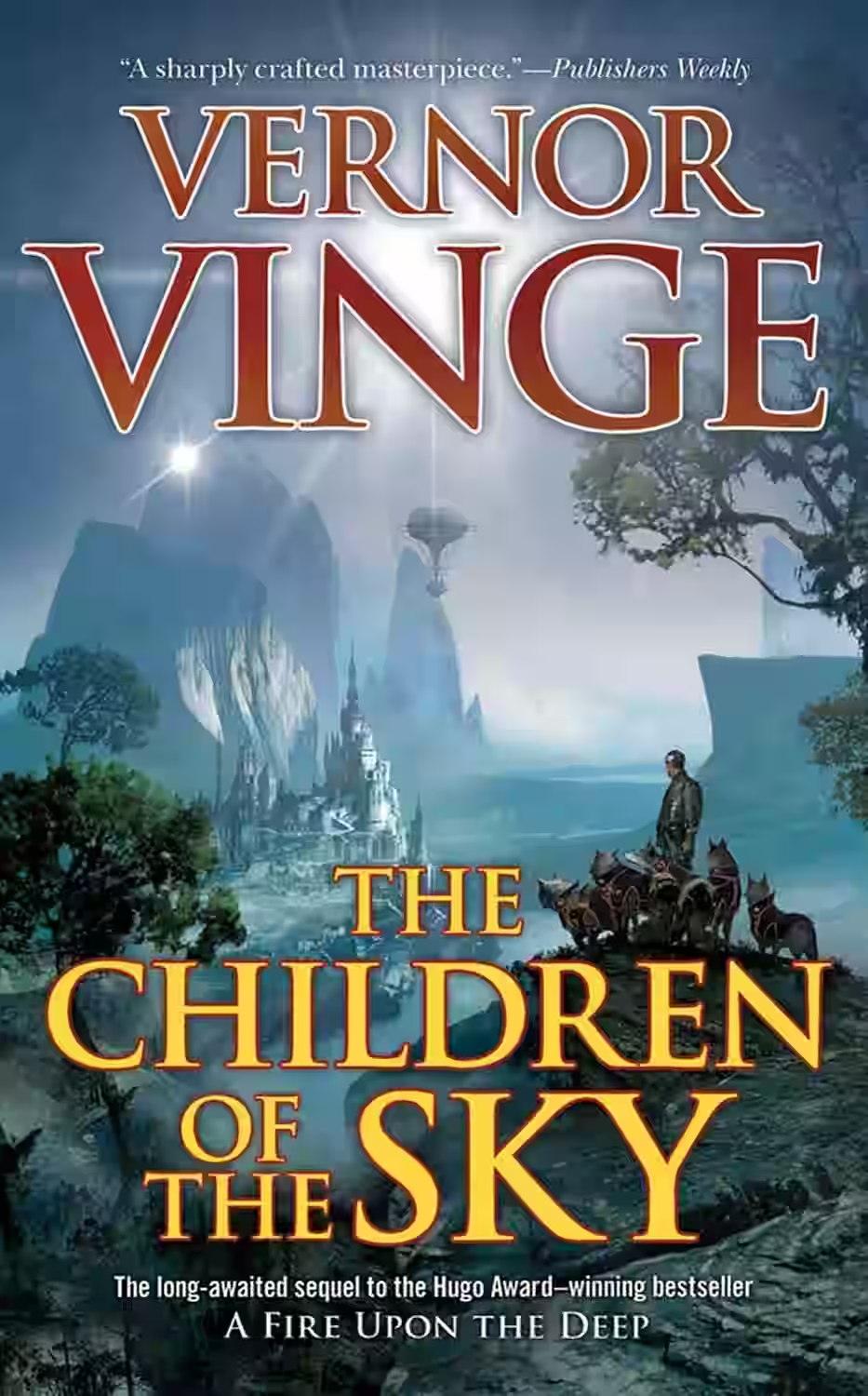
The Children of the Sky
by Vernor Vinge
Series: Zones of Thought (#3)
In Vernor Vinge's 'The Children of the Sky,' readers are taken on a thrilling journey to a distant planet where humans struggle to survive among alien races with advanced technologies. Set in the same universe as Vinge's award-winning 'A Fire Upon the Deep,' the novel explores themes of survival, cooperation, and ethical dilemmas in a complex and vividly imagined world. As the humans navigate political intrigue and technological challenges, they must confront their own limitations and prejudices. Vinge delivers a thought-provoking narrative that keeps readers on the edge of their seats with its intricate plot and engaging characters.
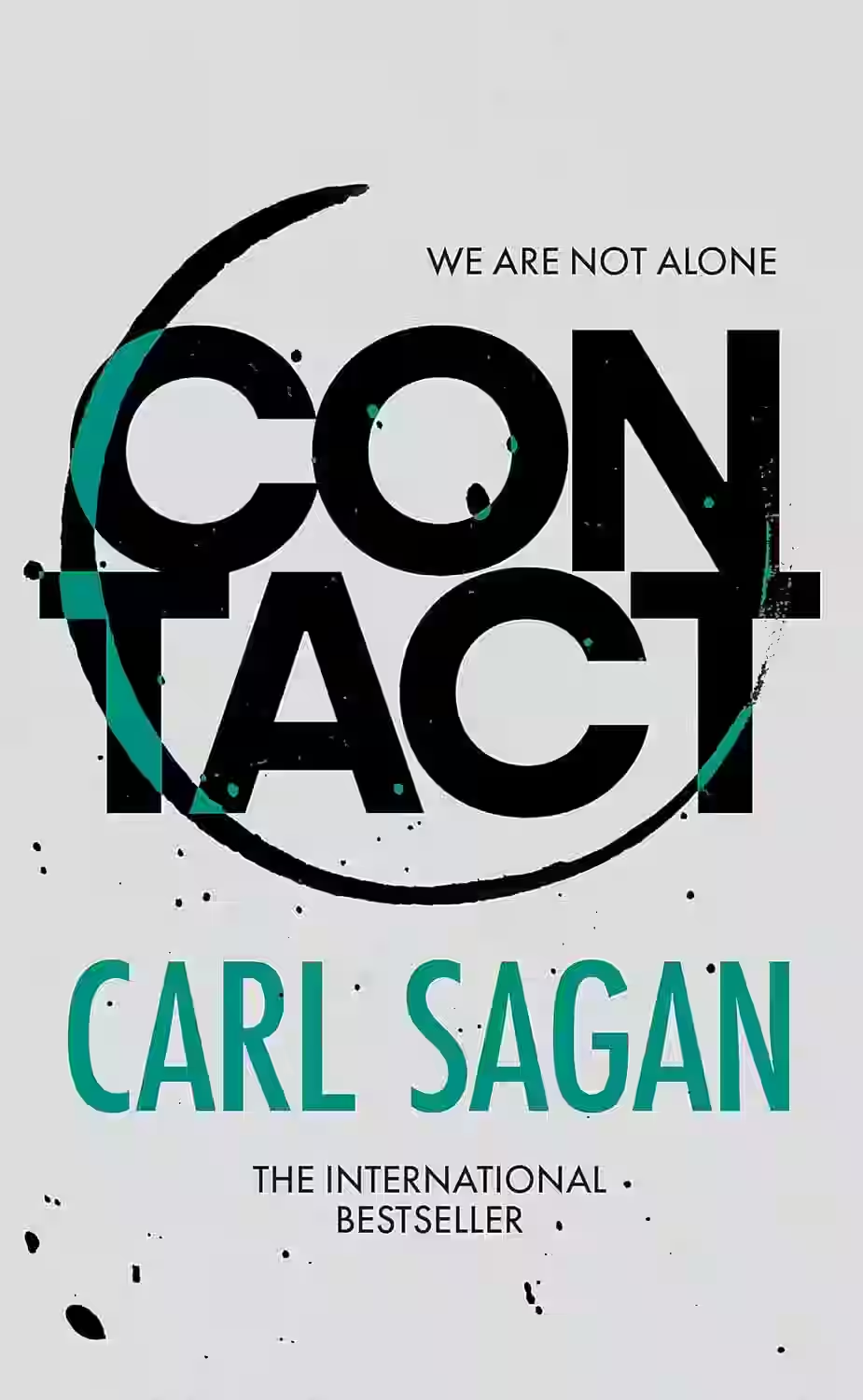
Contact
by Carl Sagan
In Carl Sagan's thought-provoking novel 'Contact,' readers are taken on an exhilarating journey through space exploration, science, and the age-old question of humanity's place in the universe. The story follows Dr. Ellie Arroway, a passionate and dedicated scientist who makes contact with extraterrestrial beings through a mysterious signal from the star Vega. As Ellie navigates the complexities of politics, religion, and the unknown, she embarks on a quest for truth that challenges her beliefs and the very fabric of reality. 'Contact' seamlessly weaves together science and philosophy, offering a captivating narrative that explores the boundless curiosity of the human spirit.
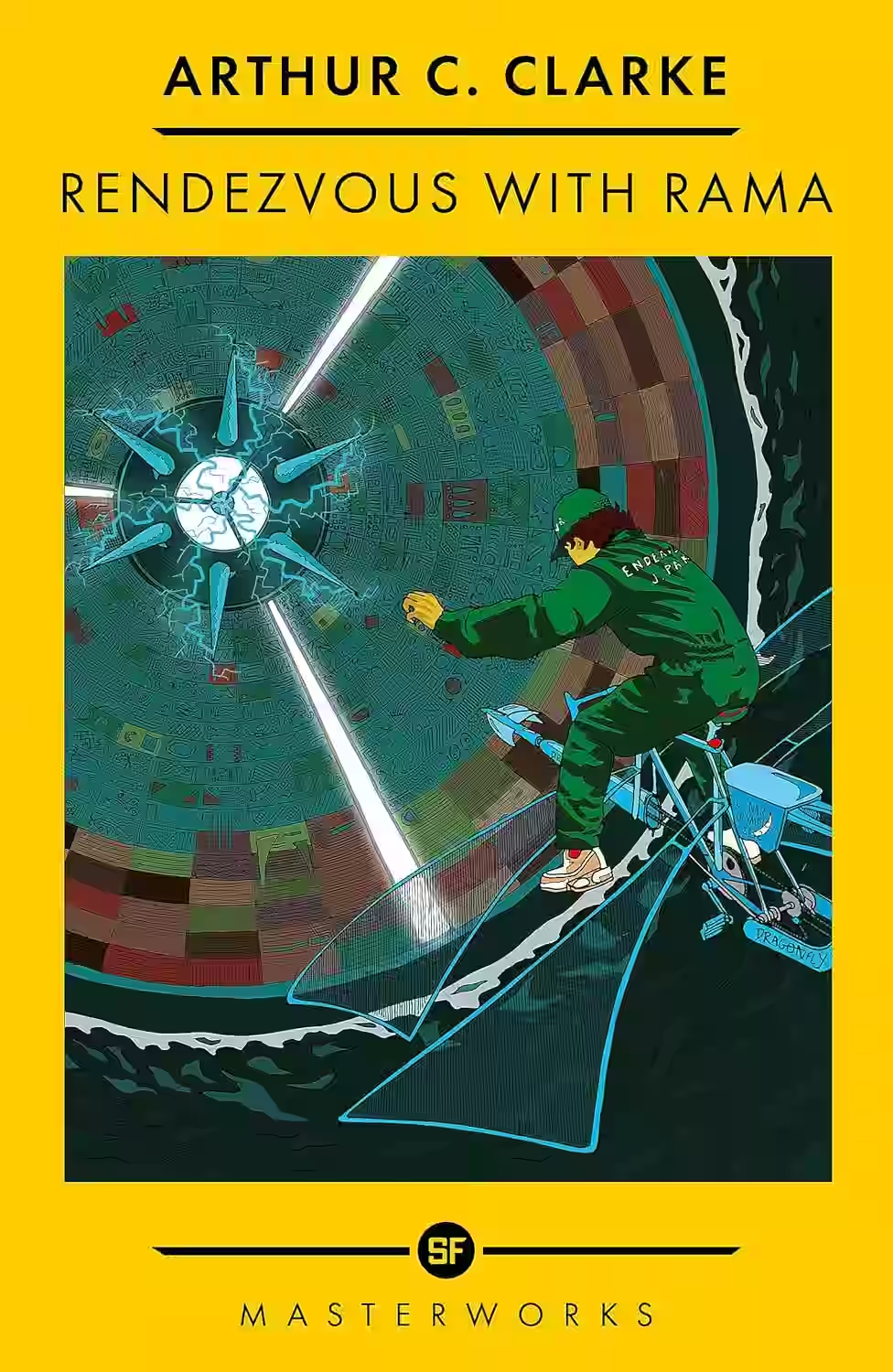
Rendezvous with Rama
Arthur C. Clarke's 'Rendezvous with Rama' is a spellbinding work of science fiction that propels readers into the awe-inspiring unknown. Set in the 22nd century, humanity is stunned when a mysterious cylindrical alien ship, dubbed 'Rama,' enters the Solar System. The story follows a group of explorers aboard the spaceship Endeavour as they attempt to uncover the secrets of this enigmatic visitor. Clarke masterfully blends hard science fiction with philosophical undertones, pondering the nature of intelligence and humanity’s place in the universe. The novel's pace and structured exploration create an atmosphere of eerie wonder, leaving readers questioning the possibilities of extraterrestrial life. Its visionary and thought-provoking narrative has cemented Clarke's reputation as a titan of the genre, inspiring curiosity and reflection long after the last page is turned.
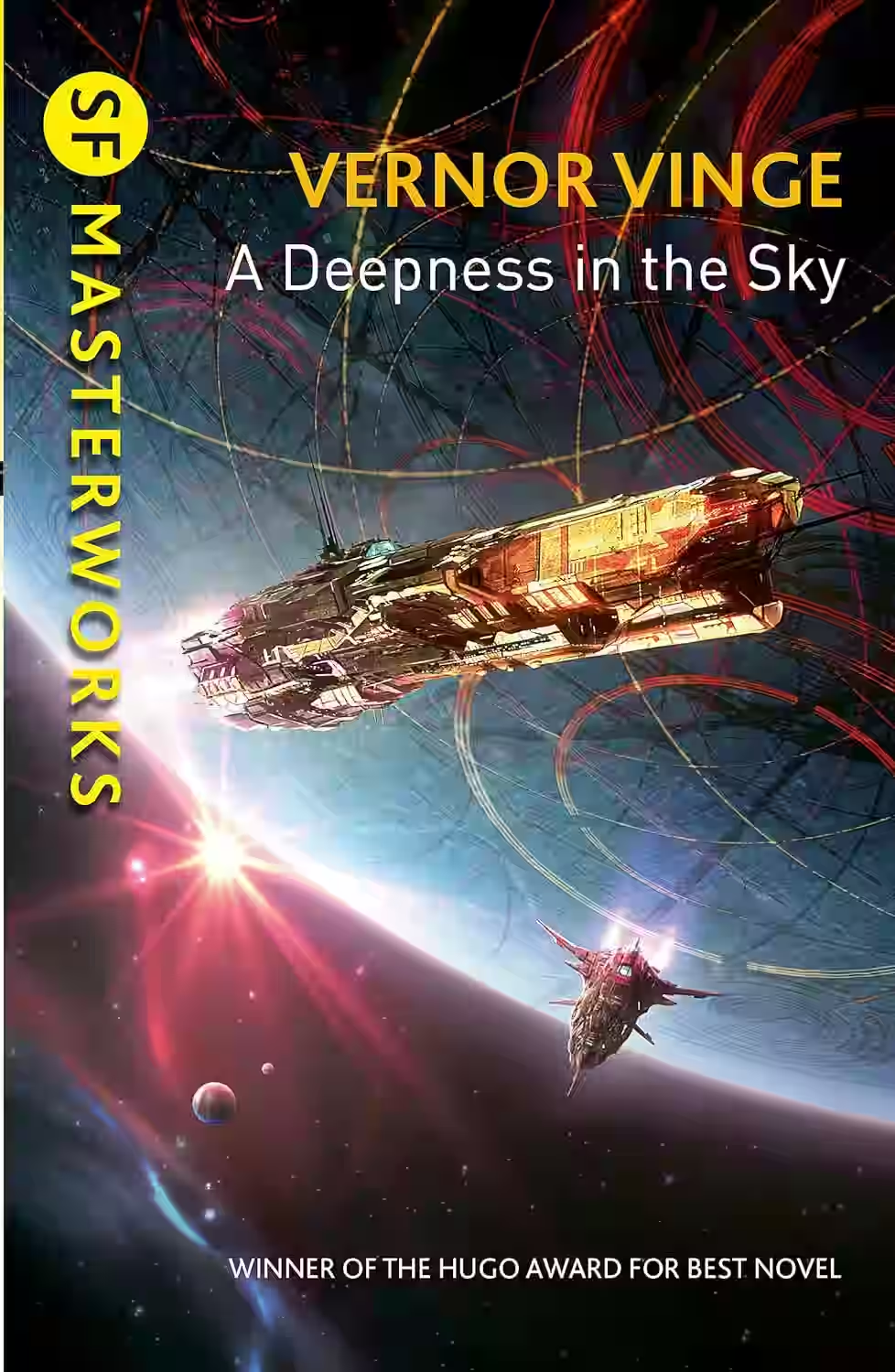
A Deepness in the Sky
by Vernor Vinge
Series: Zones of Thought (#2)
Vernor Vinge's 'A Deepness in the Sky' transports readers to a captivating universe where two rival civilizations clash in a gripping tale of politics, technology, and the complexities of human nature. Set amidst a galactic struggle for power, the story follows a cast of diverse characters as they navigate intrigue, betrayal, and moral dilemmas. With thought-provoking themes on the nature of consciousness, societal evolution, and the consequences of advanced technology, Vinge creates a masterful narrative that keeps readers engaged from start to finish. The intricate world-building and compelling character development make 'A Deepness in the Sky' a must-read for fans of hard science fiction.
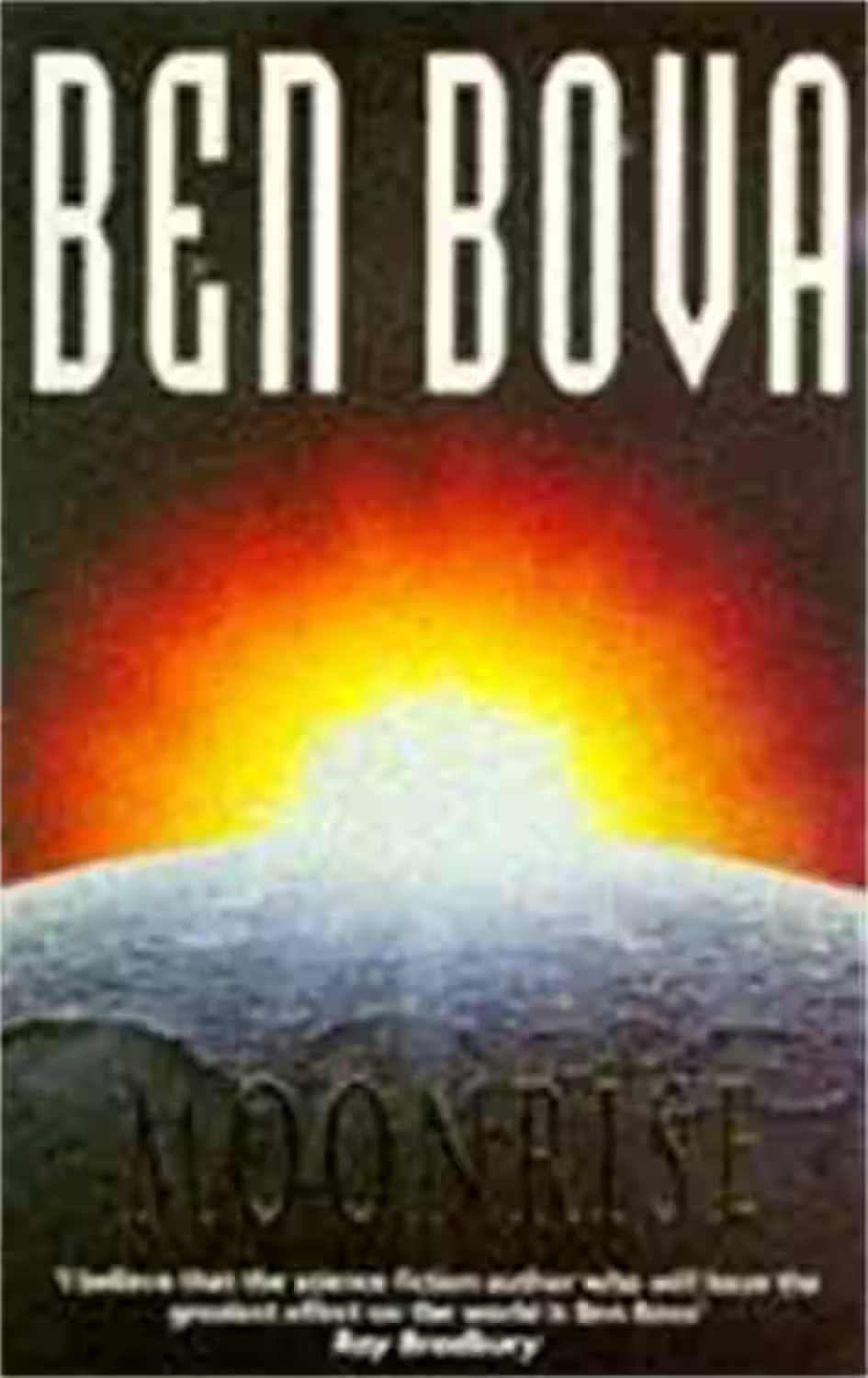
Moonrise
by Ben Bova
In Ben Bova's 'Moonrise,' readers are transported to a near-future world where tensions between Earth and its lunar colony reach a breaking point. The story follows Dr. Paul Stavenger, a brilliant scientist who must navigate political intrigue, personal struggles, and the harsh realities of space to prevent a catastrophic war. Bova's vivid descriptions of life on the Moon and the complex dynamics between the two worlds are gripping, creating a thought-provoking exploration of humanity's potential future in space. 'Moonrise' is a compelling blend of science fiction, drama, and suspense that will leave readers contemplating the delicate balance between progress and power.
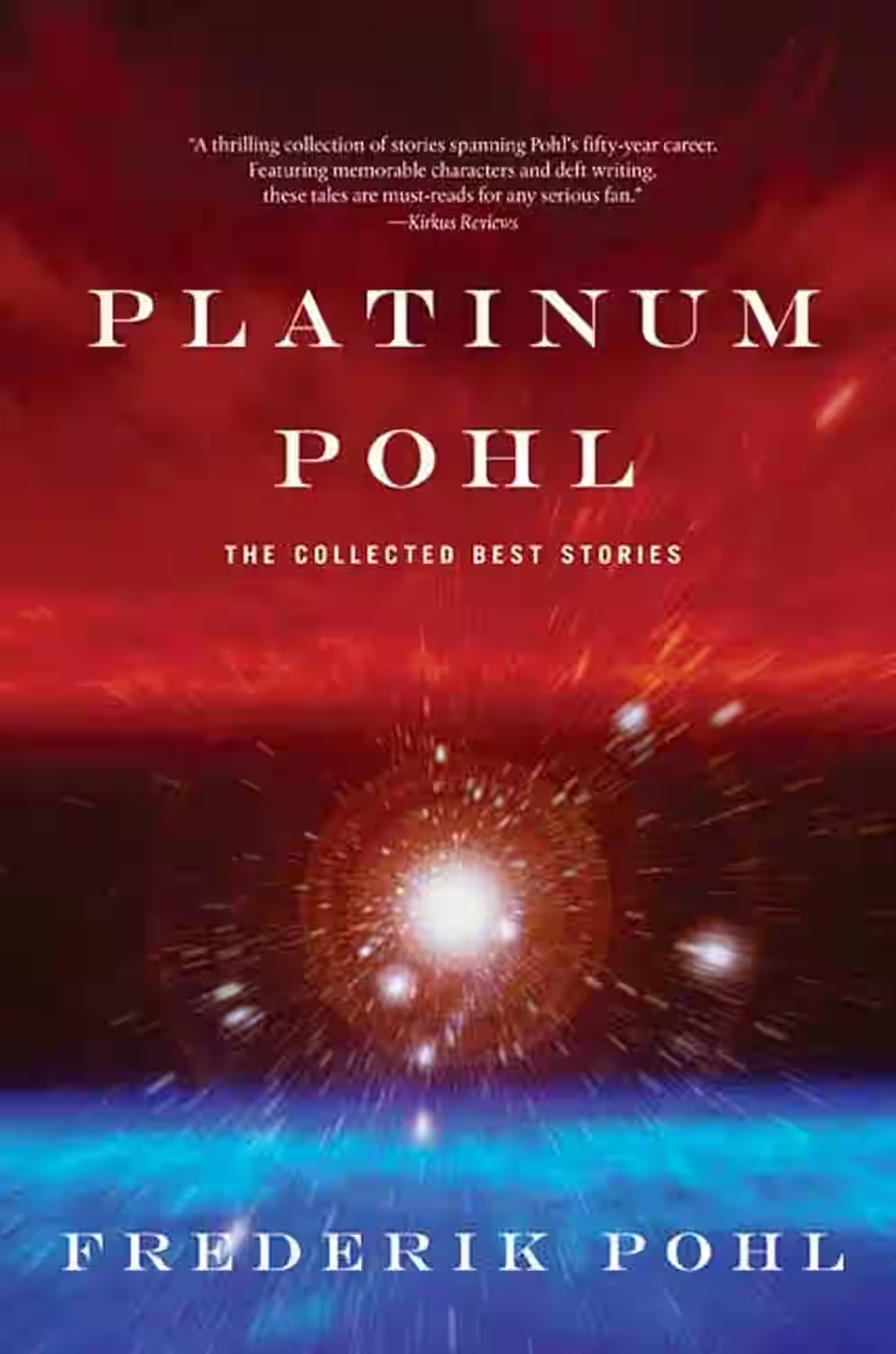
Gateway
In Frederik Pohl's 'Gateway,' humanity discovers an alien space station filled with hundreds of spacecrafts but no instructions. The story follows protagonist Robinette Broadhead as he joins desperate prospectors risking their lives on these mysterious ships in hope of striking it rich or finding meaning. Pohl delves into themes of risk-taking, the unknown, and the psychological toll of choice. The narrative weaves between Robinette's past and present, exploring his inner struggles and the complex relationships formed aboard Gateway. This novel blends hard science fiction with deep character development, keeping readers on edge with its suspenseful plot twists and moral dilemmas.
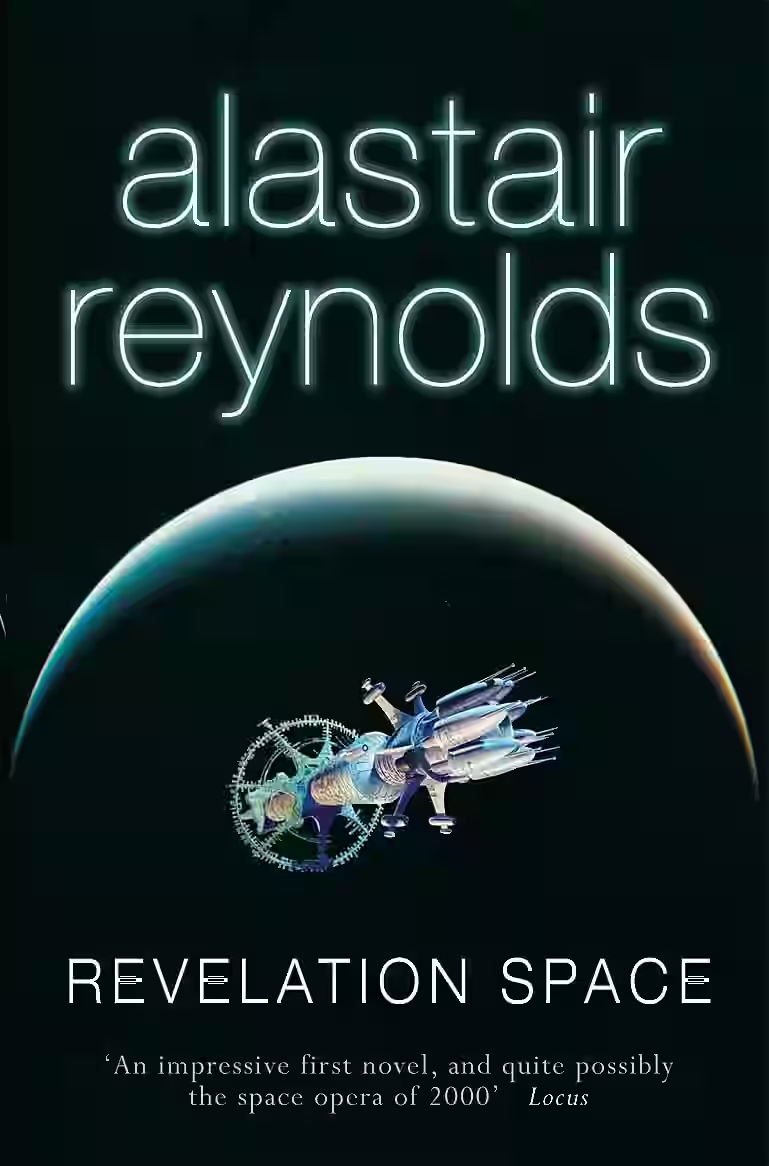
Revelation Space
In Alastair Reynolds' 'Revelation Space,' readers are thrust into a vast, intricate universe where humanity's destiny hangs in the balance amidst ancient mysteries and advanced technologies. The narrative weaves together multiple storylines, following characters embroiled in political intrigue, exploring the enigmatic machinations of the Inhibitors, and delving into the secrets of the mysterious alien artifact known as the Shroud. Reynolds masterfully blends hard science fiction with elements of cosmic horror, philosophical contemplation, and intricate world-building, inviting readers to ponder profound questions about identity, morality, and the nature of consciousness. 'Revelation Space' is a richly imagined and intellectually stimulating space opera that captivates with its grand scope and thought-provoking themes.
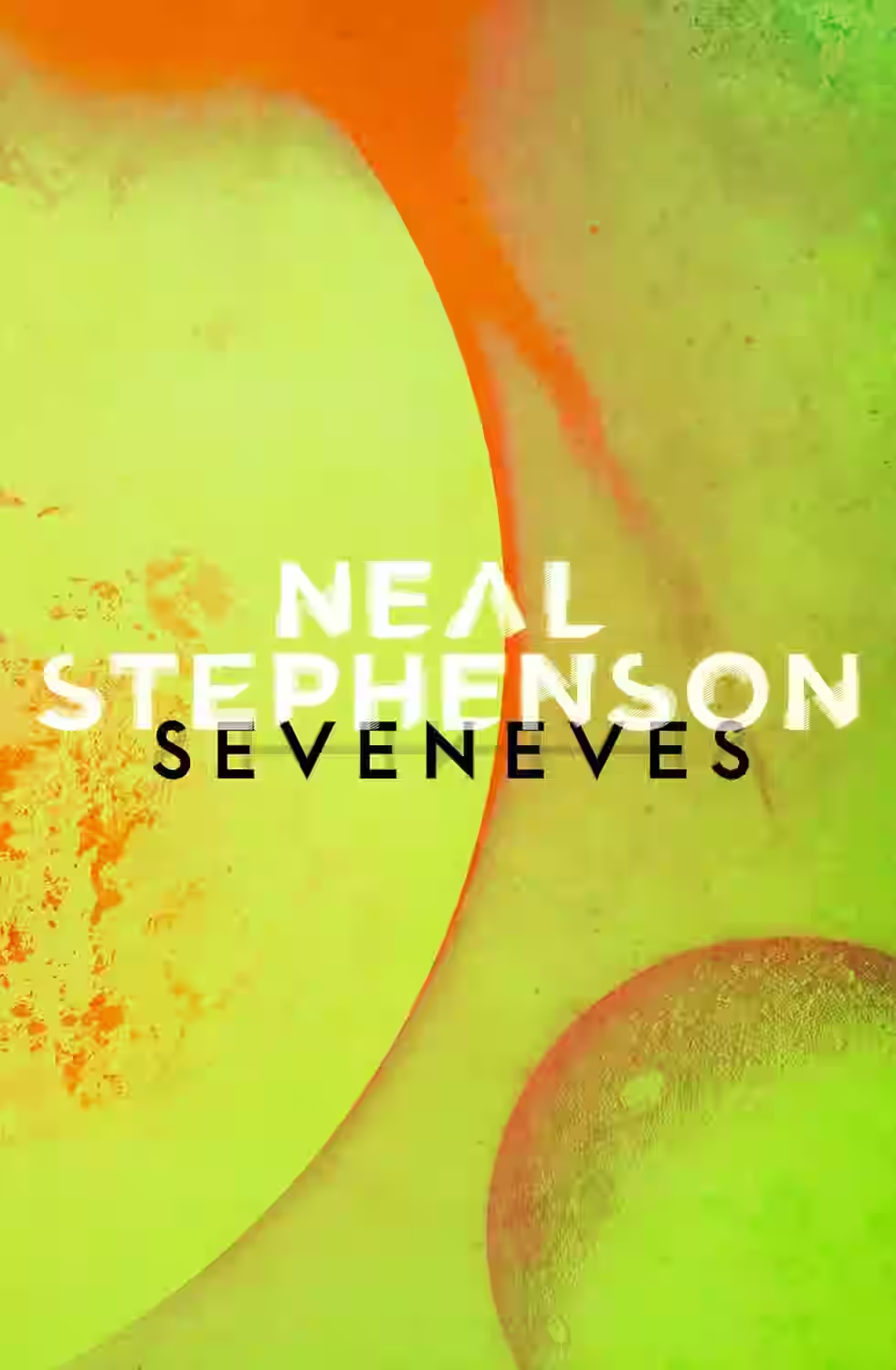
Seveneves
In Neal Stephenson's captivating sci-fi novel 'Seveneves,' the moon shatters into pieces, threatening life on Earth with catastrophic consequences. As humanity races against time to ensure survival, the story follows the struggles and ingenuity of a diverse group of individuals striving to preserve the future of the human race. Stephenson intricately weaves together themes of hope, resilience, genetic engineering, and human evolution, creating a thought-provoking narrative that extends over centuries. With its meticulous world-building, complex characters, and compelling exploration of space colonization, 'Seveneves' is a thrilling and imaginative epic that challenges perceptions of humanity's place in the universe.